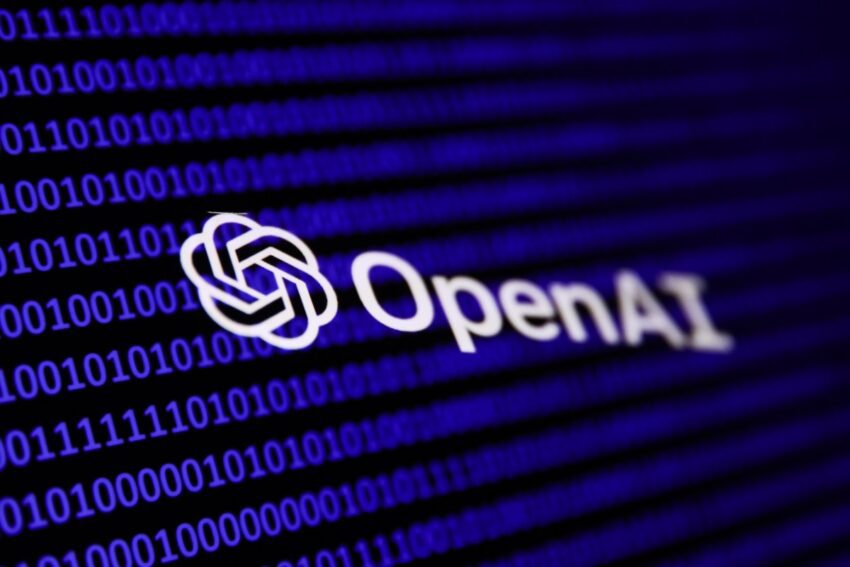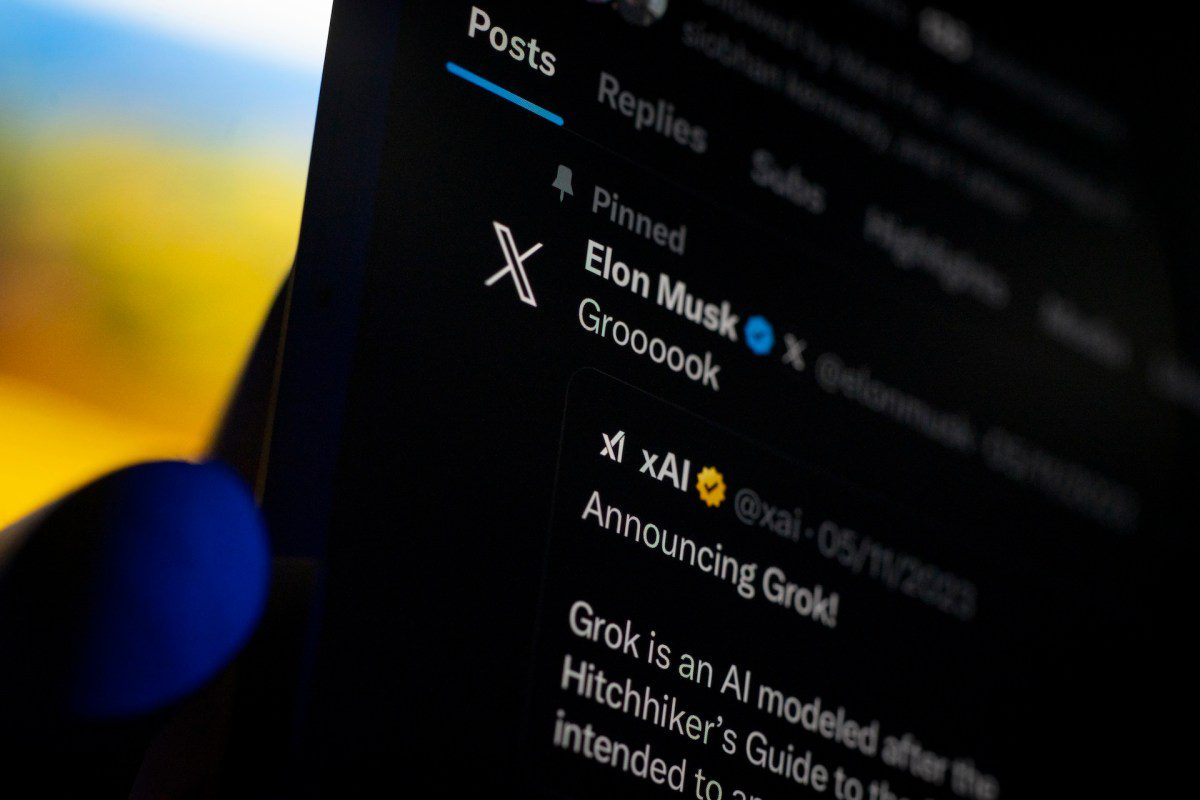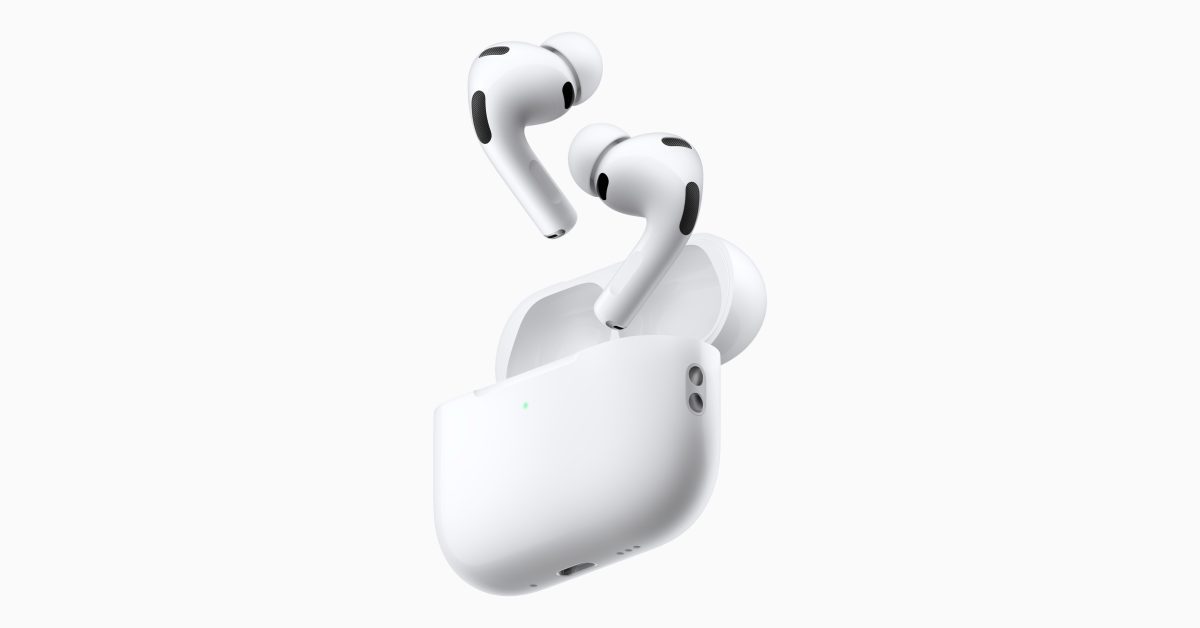
openai reportedly developing new generative music tool OpenAI is reportedly developing a new tool that would generate music based on text and audio prompts, potentially transforming how creators approach music production.
openai reportedly developing new generative music tool
Overview of the New Tool
According to a recent report from The Information, OpenAI is venturing into the realm of generative music with a new tool designed to create music from both text and audio prompts. This innovative approach could significantly streamline the music creation process, allowing users to generate original compositions tailored to specific needs. The tool is expected to cater to various use cases, including enhancing existing videos with background music or adding instrumental accompaniments to vocal tracks.
Potential Applications
The implications of this technology are vast and varied. Here are some potential applications:
- Video Production: Content creators often require background music to enhance their videos. This tool could provide them with the ability to generate custom soundtracks that match the mood and tone of their content.
- Music Collaboration: Musicians could use the tool to add accompaniments to their vocal tracks, allowing for more dynamic and layered compositions without the need for extensive collaboration with other musicians.
- Personalized Music Experiences: Users could create personalized playlists or soundscapes based on specific themes or emotions, enhancing their listening experience.
- Game Development: Developers could generate adaptive soundtracks that change based on gameplay, providing a more immersive experience for players.
Technological Context
Generative music tools are not entirely new; however, OpenAI’s approach could set a new standard in the industry. Previous attempts at generative music have often relied on pre-defined algorithms or limited datasets, which could restrict creativity. OpenAI’s advancements in artificial intelligence and machine learning could provide a more nuanced understanding of musical composition, allowing for richer and more varied outputs.
How It Works
While specific details about the tool’s functionality remain unclear, it is anticipated that users will input either text descriptions or audio samples to guide the music generation process. This could involve specifying a genre, mood, or even particular instruments to be included in the composition. The AI would then analyze these inputs and generate a unique piece of music that aligns with the provided parameters.
AI in Music Production
The integration of AI into music production has been a growing trend in recent years. Various platforms have emerged that utilize machine learning algorithms to assist musicians in composing, arranging, and producing music. For instance, tools like Amper Music and AIVA have gained popularity for their ability to create original compositions based on user inputs. However, OpenAI’s tool could potentially offer a more sophisticated and user-friendly experience, given the organization’s expertise in natural language processing and machine learning.
Market Implications
The introduction of OpenAI’s generative music tool could have significant implications for the music industry and related fields. As the demand for original content continues to rise, creators are constantly seeking innovative ways to produce high-quality work efficiently. This tool could democratize music creation, allowing individuals without formal training to produce professional-sounding tracks.
Impact on Musicians and Composers
While the tool presents exciting opportunities, it also raises questions about the future of musicians and composers. Some industry professionals may view AI-generated music as a threat to traditional music creation. However, others may see it as a valuable resource that can enhance their creative process. The ability to quickly generate ideas or explore new musical directions could be beneficial for artists looking to push their boundaries.
Stakeholder Reactions
Reactions from stakeholders in the music industry have been mixed. Some musicians express enthusiasm about the potential for AI to assist in the creative process, while others voice concerns about the implications for copyright and originality. The fear that AI-generated music could flood the market with low-quality content is also a prevalent concern. As the technology evolves, it will be crucial for industry leaders to establish guidelines and standards to ensure that AI-generated music complements rather than undermines traditional artistry.
Ethical Considerations
The development of generative music tools also brings forth ethical considerations. Questions surrounding copyright, ownership, and the authenticity of AI-generated music are at the forefront of discussions among industry professionals. If a piece of music is generated based on a user’s input, who holds the rights to that composition? These questions will need to be addressed as the technology becomes more widespread.
Copyright and Ownership Issues
The legal landscape surrounding AI-generated content is still evolving. Current copyright laws may not adequately cover works created by artificial intelligence, leading to potential disputes over ownership. As OpenAI’s tool gains traction, it will be essential for legal experts and policymakers to collaborate with industry stakeholders to develop frameworks that protect both creators and consumers.
Future Developments
As of now, it remains unclear when OpenAI plans to officially launch this generative music tool. However, the anticipation surrounding its release is palpable. The company has a history of pushing the boundaries of AI technology, and this new venture could represent a significant leap forward in the intersection of technology and music.
OpenAI’s Commitment to Responsible AI
OpenAI has consistently emphasized its commitment to developing AI responsibly. As it delves into the music industry, the organization will likely prioritize ethical considerations and user safety. This includes ensuring that the tool is not misused for creating misleading or harmful content. OpenAI’s approach to transparency and accountability will be critical in fostering trust among users and stakeholders.
Conclusion
The development of OpenAI’s generative music tool marks an exciting chapter in the evolution of music production. By harnessing the power of AI, the tool has the potential to democratize music creation, allowing individuals from various backgrounds to engage in the artistic process. However, as with any technological advancement, it is essential to navigate the accompanying challenges thoughtfully. The music industry stands at a crossroads, and how it adapts to these changes will shape its future for years to come.
Source: Original report
Was this helpful?
Last Modified: October 26, 2025 at 1:36 am
2 views















